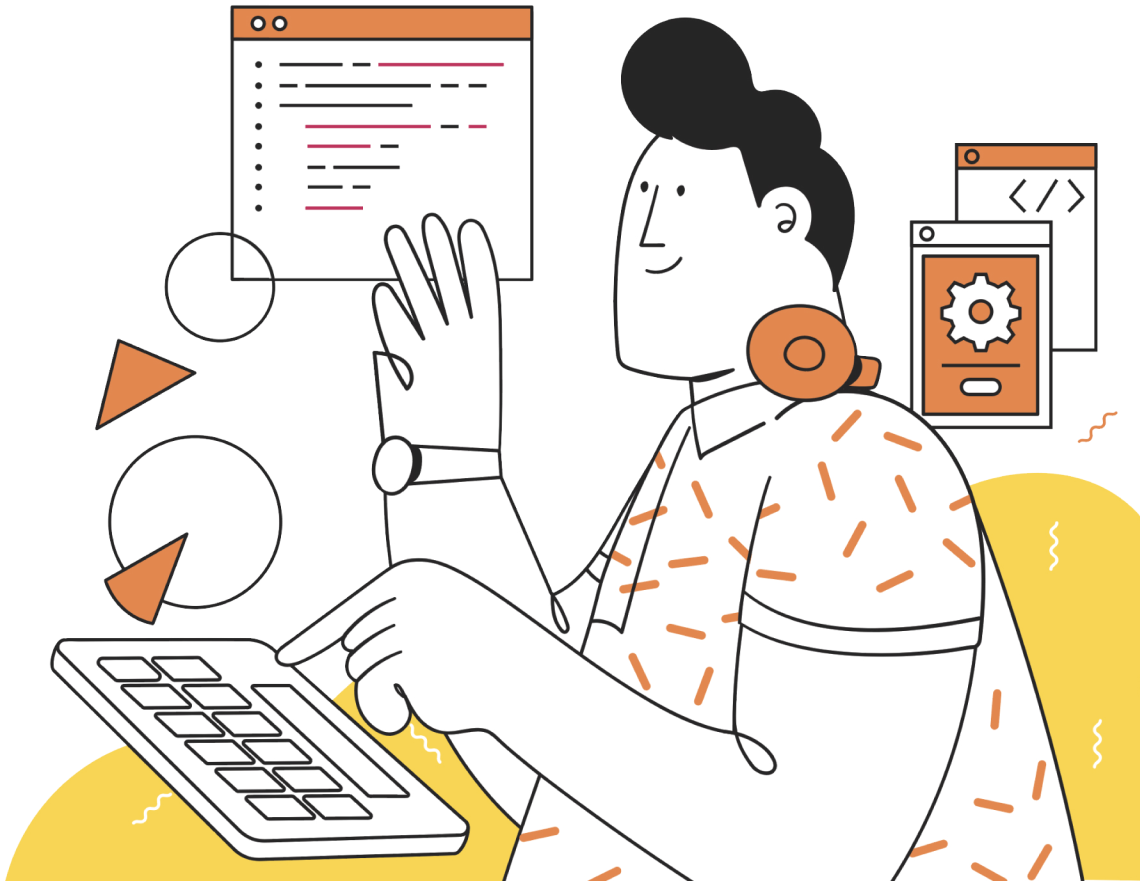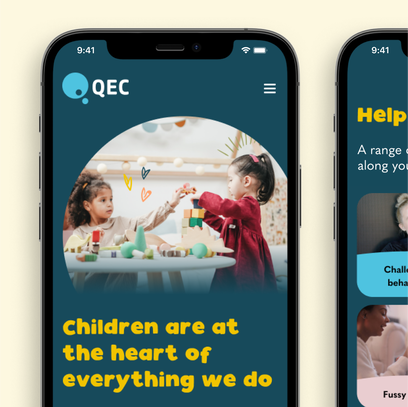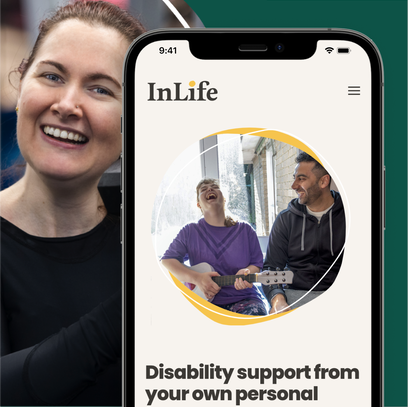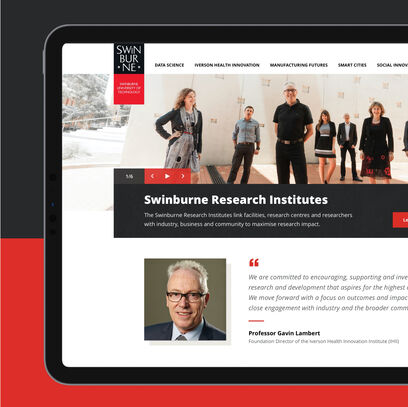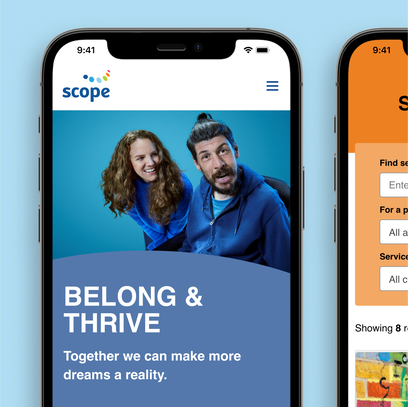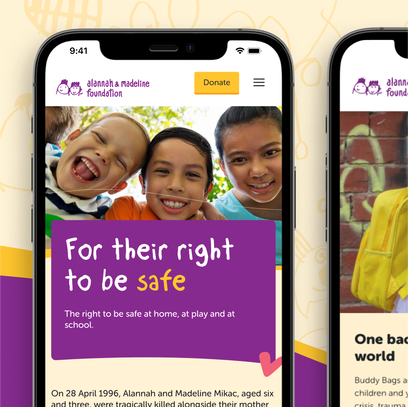New platform emerges as key resource for better health outcomes
When it comes to mental health, suicide, and services related to alcohol and other drugs (AOD), finding the right help at the right time isn’t always easy. The Eastern Melbourne Primary Health Network (EMPHN) dismantles these health-related barriers for Australians, by simplifying access to existing mental health and rehabilitation services, commissioning services to improve health outcomes.

Imagining a brand-new platform
EMPHN recognised that multiculturally and socio-economically diverse communities struggled to reliably access high-quality mental health, AOD and suicide prevention services.
To meet this gap, it needed a digital platform that seamlessly connected those seeking help with authorised service providers.
Yump was brought on board alongside a team of multi-disciplinary experts (Impact Co., Truth Agency, and the Mental Health Council of Tasmania) to create an improved online experience for navigating and accessing the most relevant support, regardless of whether you’re someone seeking help, a family member or carer, or a health professional.

Effective co-design across three phases
To ensure EMPHN users received the help they needed, Yump and partners developed a plan across three determined phases. The first phase focused on imagining what the platform should be.
This involved extensive desktop research, consultations with key stakeholders, and brainstorming a new brand identity. The second phase focused on the website’s features. This involved wireframing, design, and the development of prototypes tested with real-world users. The third phase focused on launch.
This involved the promotion of “SupportConnect” as the new platform’s name and a marketing and communications plan to raise awareness and attract user engagement.

A support engine first of its kind
During the project, we established three crucial navigation pathways: people looking for support, their family and carers, and health professionals. To provide the appropriate pathway when the platform is accessed, each user is guided through an easy-to-use questionnaire that asks about their age group, location, and types of support they are looking for. The platform then presents a curated list of service recommendations. These recommendations can be filtered based on fees, service delivery type (in-person or online), and if a referral is required.
Designed with users and their needs in mind, SupportConnect has become a vital resource for people in Melbourne’s eastern suburbs. It’s now regularly used to help these individuals overcome complex obstacles associated with access to mental health treatment and psychosocial services.
